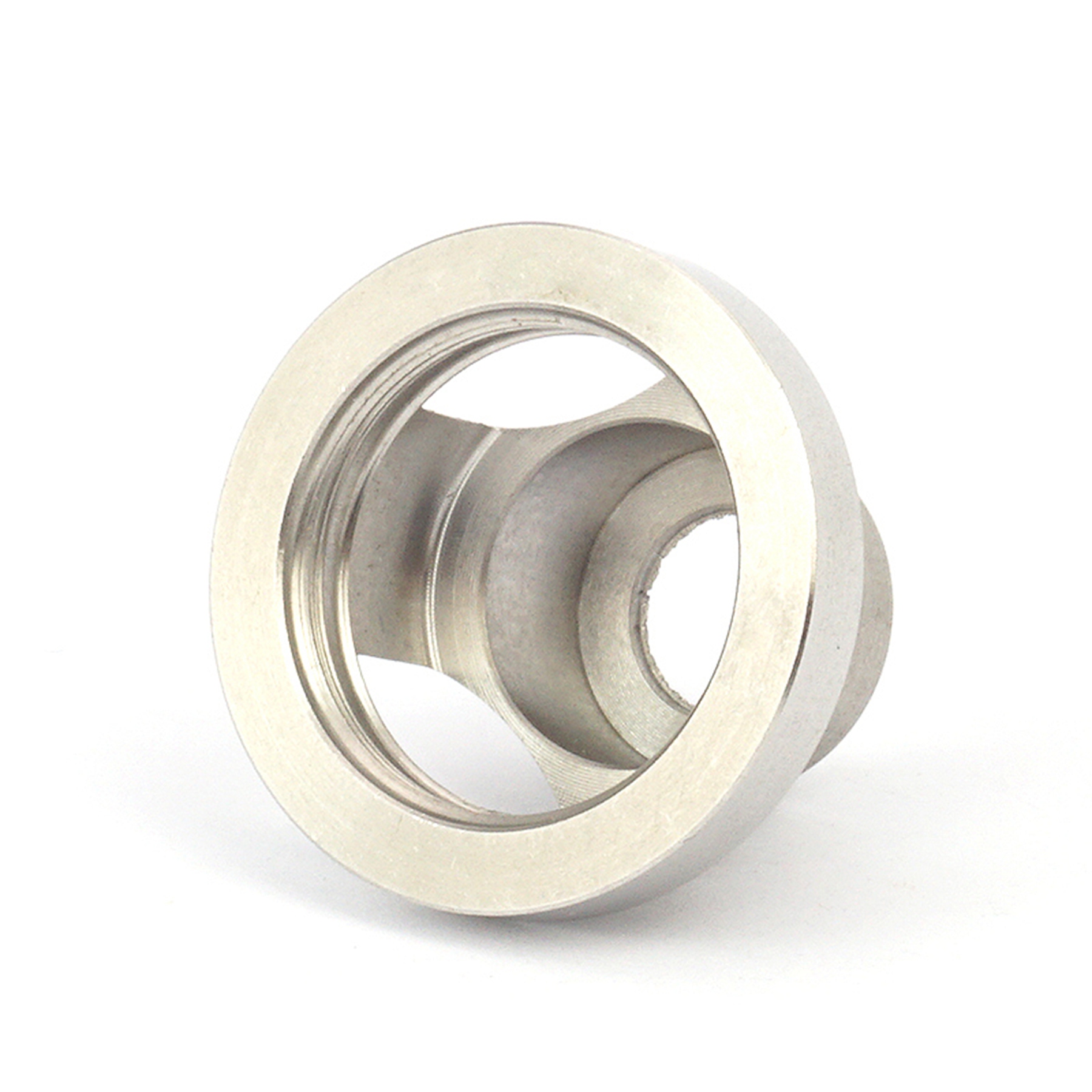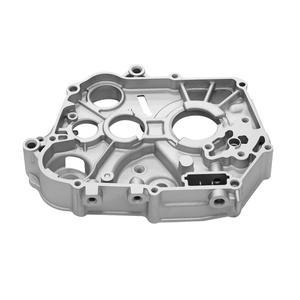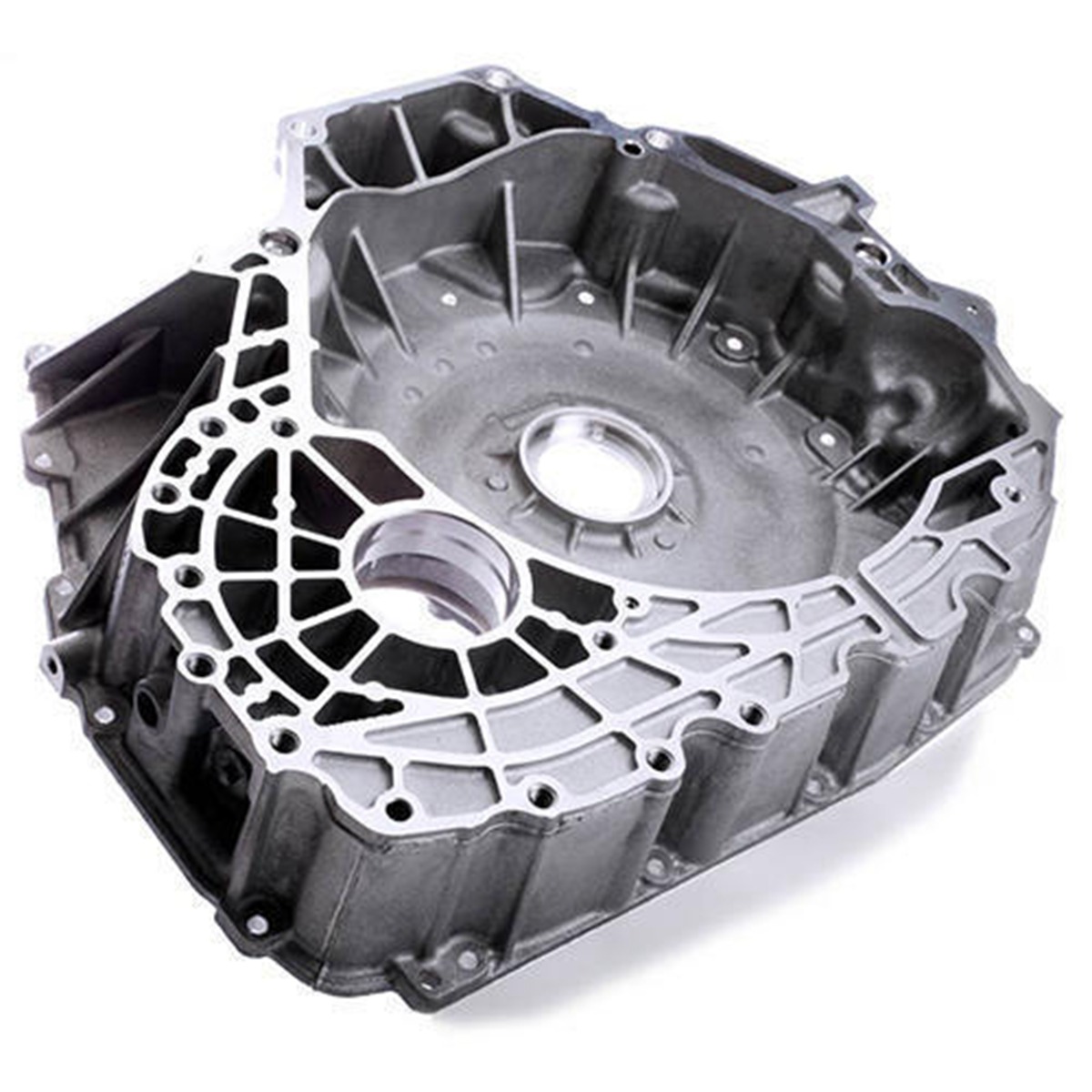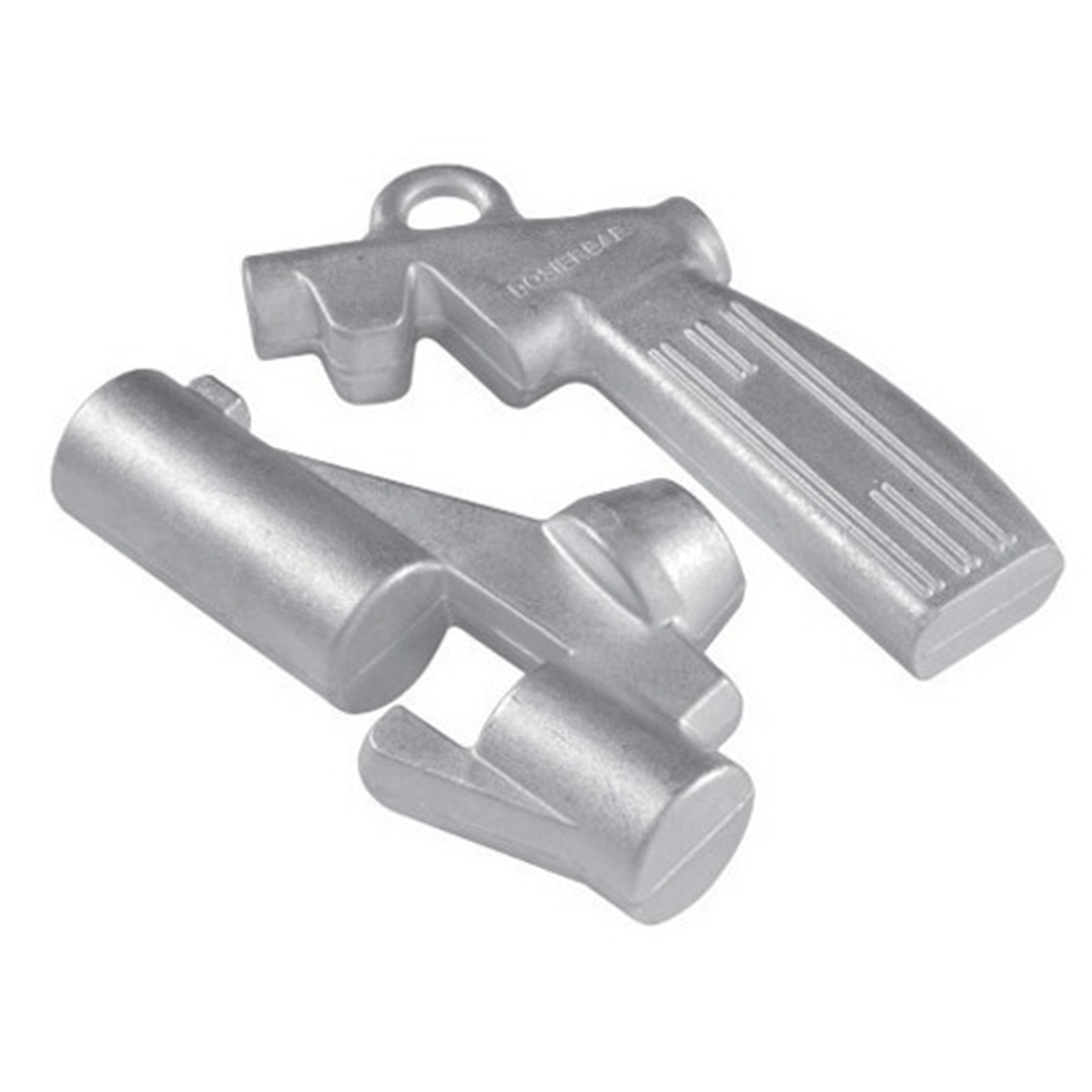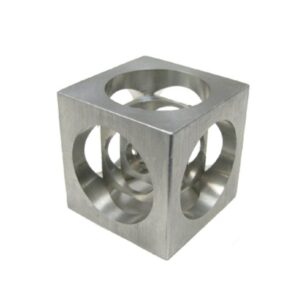
Nickel alloys are typically reserved for high-performance applications because they tend to be more expensive than other types of metal. As we’ve seen, nickel alloys are usually strong and tough, and that can make them a pain to machine. If you’re interested in machining this type of alloy, you’ll probably need extra tools.
Their high melting points can make them difficult to weld, but it’s not impossible. If you want to create a sufficient pool of weld metal, you’ll need more heat, but if you use more heat, there’s more chance of residual stress which can deform the component. Basically, it needs a lot of care. When in long-term contact with the skin, some nickel alloys can cause an allergic reaction. That’s why they’re probably not the best choice for wearables and medical devices. Also, when exposed to the elements, some nickel alloys (especially copper-based) will tarnish over time.

